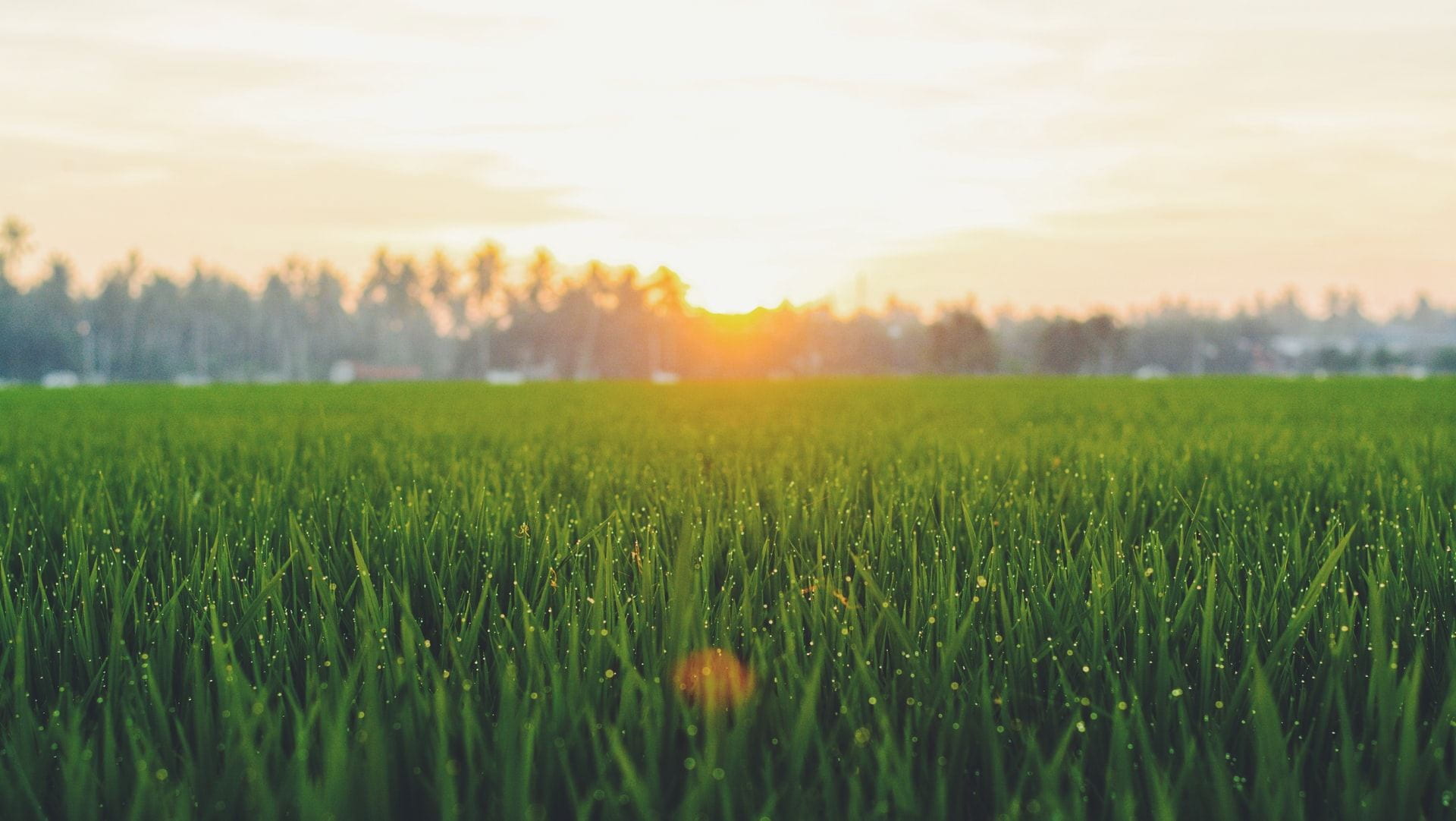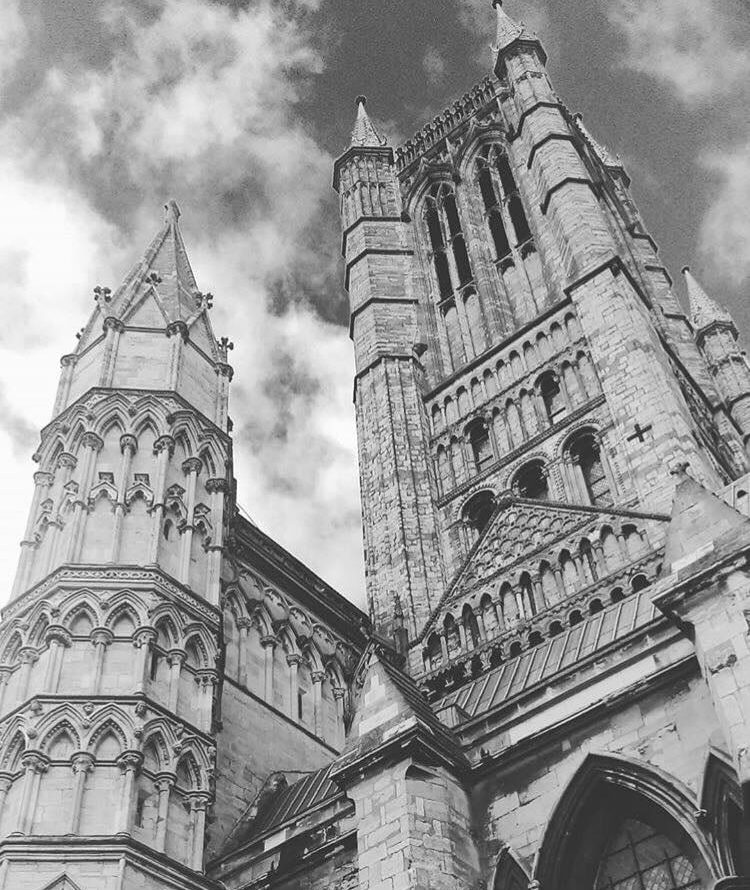
Life on a Lincolnshire Farm
In the midst of the COVID-19 situation, I am social distancing with my boyfriend and his family on a Lincolnshire farm.
The farm itself is an ‘arable’ farm, meaning that the work is focused on growing and managing crops, such as wheat and barley, rather than livestock or fruit and vegetables.
The arable crops grown are not just for human consumption but also for animal feed and energy production. For instance, grass grown on the estate contributes towards animal feed and the sugar beet grown is for British Sugar’s factory. The estate is a key cornerstone in the community with closely knit links with local businesses and markets.
Farming is one of the major industries in Lincolnshire, and if you travel out of the city of Lincoln you will be surrounded by many fields of crops growing food to feed the UK and beyond.
The University also runs the National Food Manufacturing Centre in Holbeach, and the Lincoln Institute for Agri-food Technology in Riseholme.
Life on a farm is wonderful. I am an outdoorsy person at heart, so I am very content here. There are endless walking, running and cycling routes for me to explore. I have come across some very beautiful scenes, a favourite of mine being the close sighting of a Red Kite overhead!
Seeing one soaring high in the sky is a true honour since the bird of prey was once close to extinction. However, with tremendous thanks to reintroduction programmes and legal protection, the bird has made a marvellous comeback and can now be found in the East Midlands, Wales, Yorkshire and the Chilterns.
I came across the bird the first time just by chance. However, having seen it now so many times out and about on my countryside adventures, I have picked up some useful tips for identifying it.
First, you need to be in the right location. The Red Kite enjoys soaring over woods and open areas so it is best you are in the countryside for an attempted Red Kite spotting. In doing so, look out for angled, red wings that are tipped with black and have white patches underneath and a long-reddish-brown forked tail. Also, listen for the sound of ‘mewing’ calls.
These are difficult times but it is still possible to find solace in the beauty of our surroundings. Luckily Lincolnshire and its agricultural heritage means you are never far from the countryside, which is one of the best things about the UK.
Written by Lydia Gallyer-Barnett BA (Hons) Business Economics student
- Topics
- Social distancing



